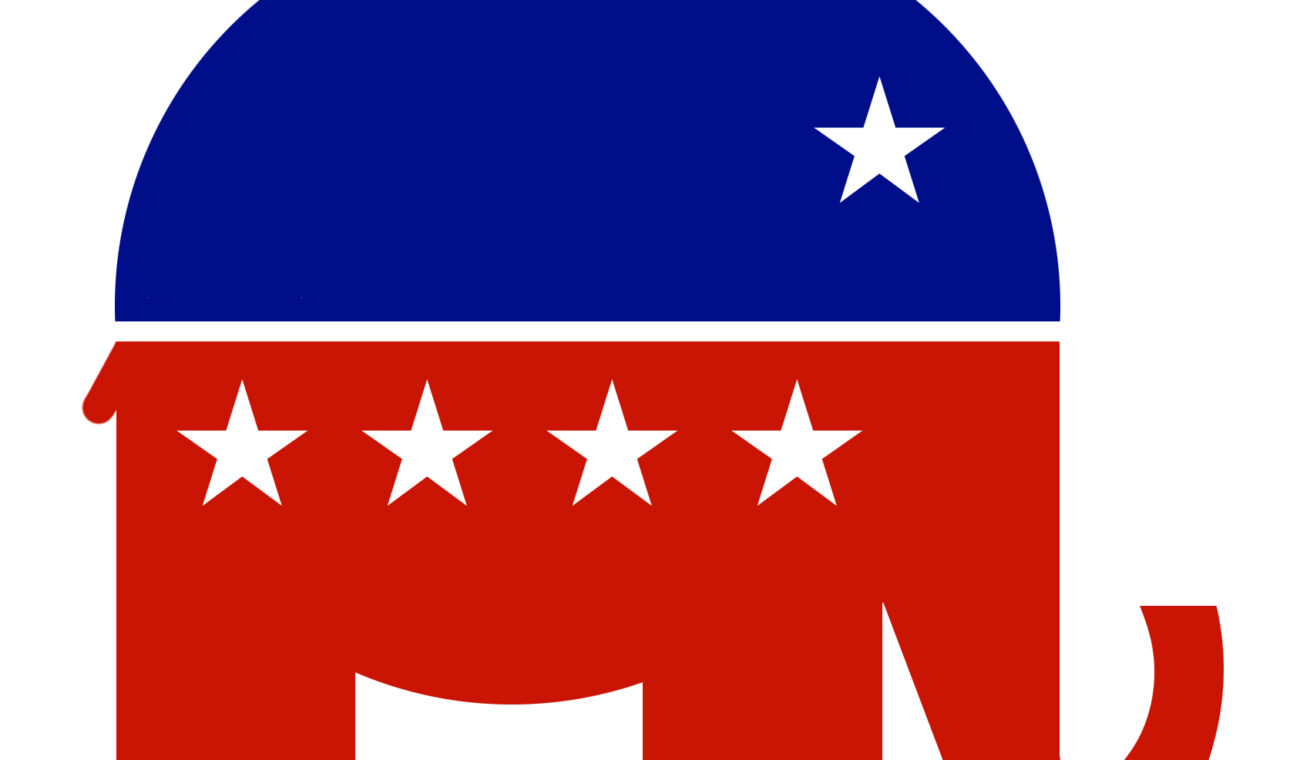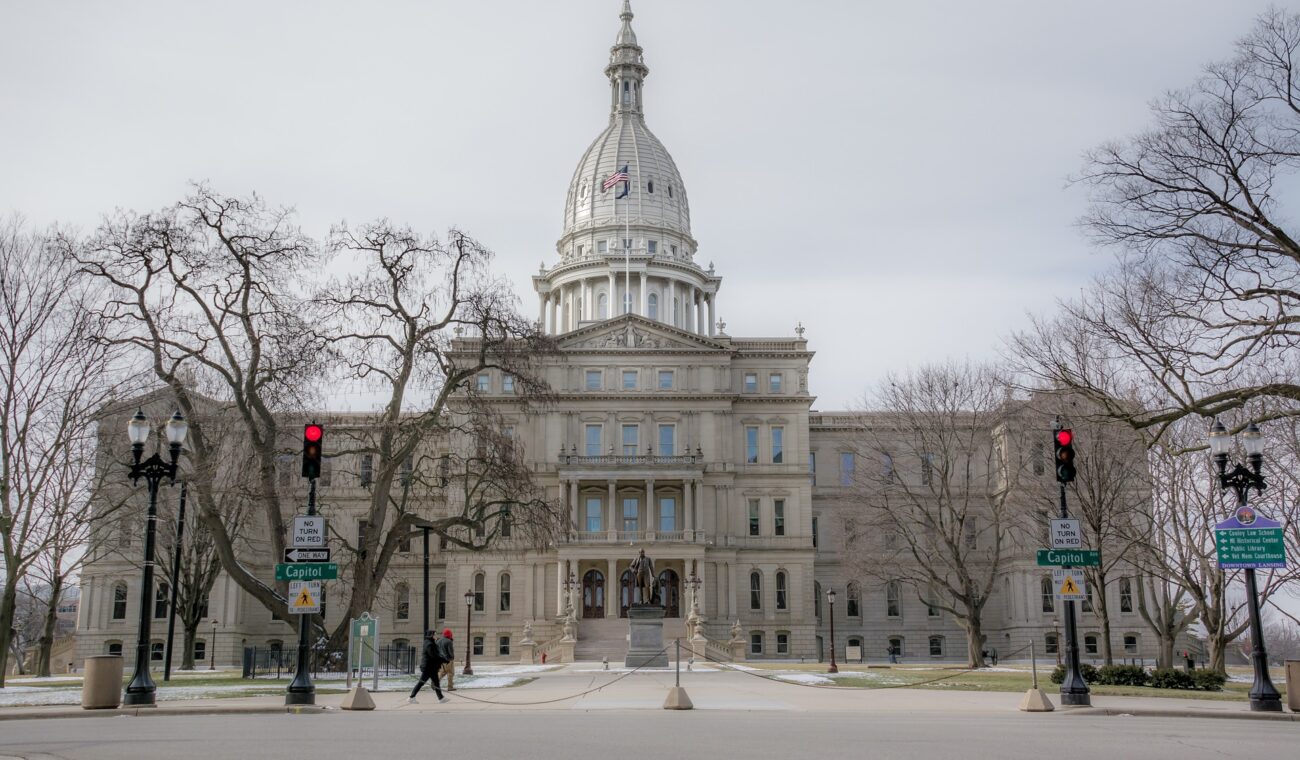G.O.P. and Allies Draft ‘Best Practices’ for Restricting Voting
In this in-depth report, the New York Times describes how conservative organizations, especially the Heritage Foundation, are influencing state Republican lawmakers’ efforts to curtail voting access in the wake of the 2020 election. It also details how the Republican State Leadership Committee plans to introduce and enact restrictive voting measures across the country. Many members of the RSLC involved in these efforts have publically spread the disproven claim that there was widespread voter fraud during the 2020 election.Visit the New York Times to learn
‘An all-hands moment’: GOP rallies behind voting limits
Senator Ted Cruz (R-TX) held an invitation-only call with Republican state lawmakers urging them to continue introducing and working to pass laws which will protect election integrity by restricting access to the ballot box. The call is indicative of how the issue of voting rights has skyrocketed up the list of priorities for Republicans following Donald Trump’s loss to Joe Biden in the 2020 election. Both prominent and new conservative organizations have pledged millions of dollars for ad campaigns designed to push for Republican-backed
Millions of Americans don’t believe Biden was elected fairly. Here’s how that’s affecting voting laws.
A concerning number of Americans are subscribing to disinformation and conspiracy theories which threaten the future of American democracy, according to experts. The internet has helped fueled the rise and spread of disinformation, which is false and misleading information designed to deceive. State Republican lawmakers across the country have leaned on disinformation and conspiracy theories concerning the 2020 election results to justify introducing and passing legislation which tightens access to the ballot box to the point of threatening certain Americans’ voting rights.Visit the Deseret
Voting rights clash hurtles Senate toward nuclear breakdown
The Senate’s consideration of the For the People Act, a massive voting and ethics reform bill, is dividing an already deeply divided chamber. Democratic and Republican senators are not even talking to one another to see if there is any room for compromise on the bill or the issue of voting rights. The bill stands little chance of passage unless the Senate alters or eliminates the filibuster, which Senate Democrats are increasingly considering, given the staunch and uniform opposition of their Republican colleagues.Visit Politico
Michigan Republicans push for sweeping voting restrictions with new election bills
Michigan Republicans have introduced a series of bills to promote election integrity by restricting access to the ballot box. These bills would reduce ballot drop box availability, require an ID for absentee voting, prevent unsolicited absentee ballot applications from being sent to voters, and provide greater access to and transparency around the ballot counting process, among others. Republicans have defended the bills as necessary to restore voter confidence in the electoral process, a claim rooted in the widely debunked assertion that rampant voter fraud




